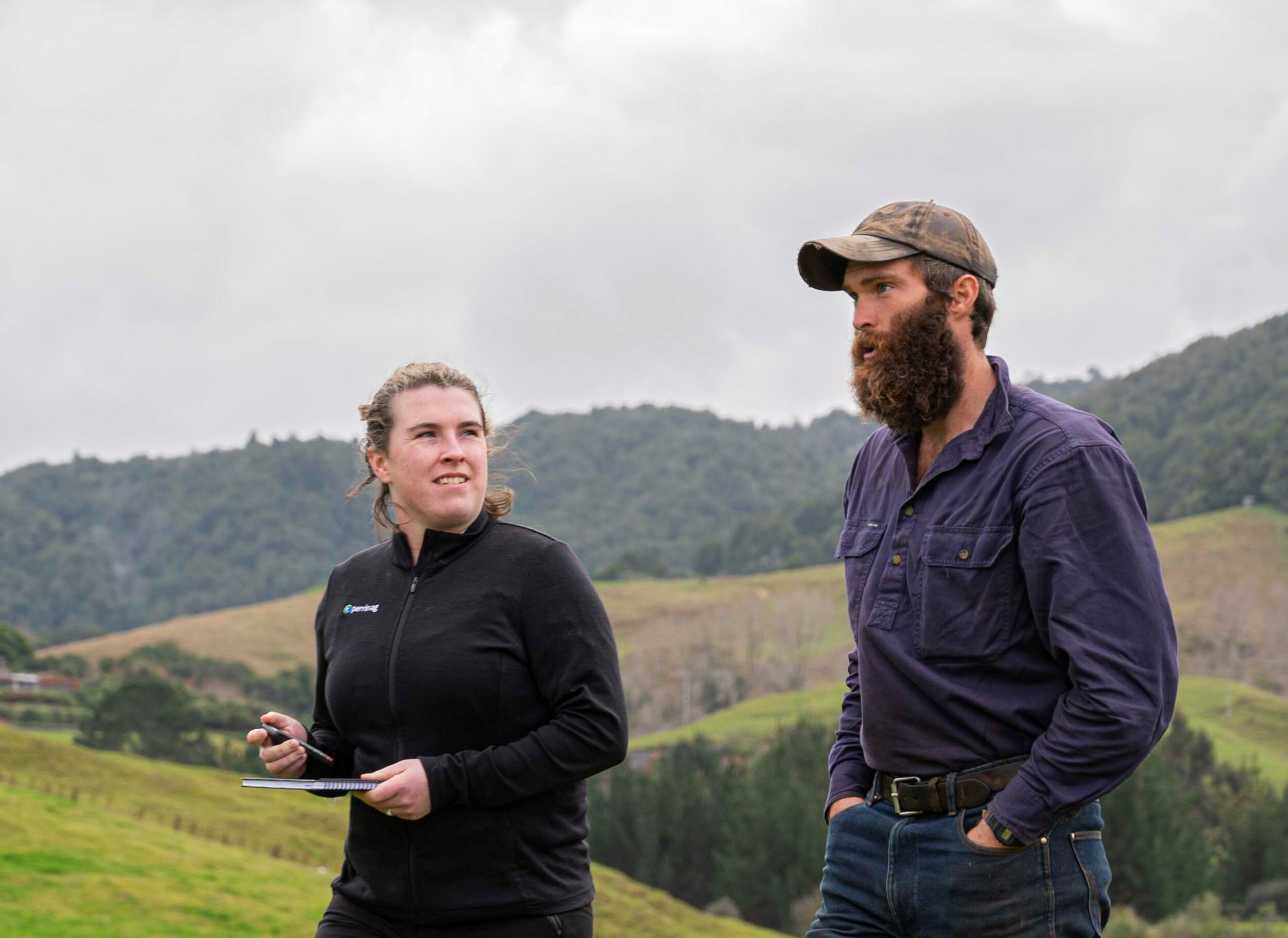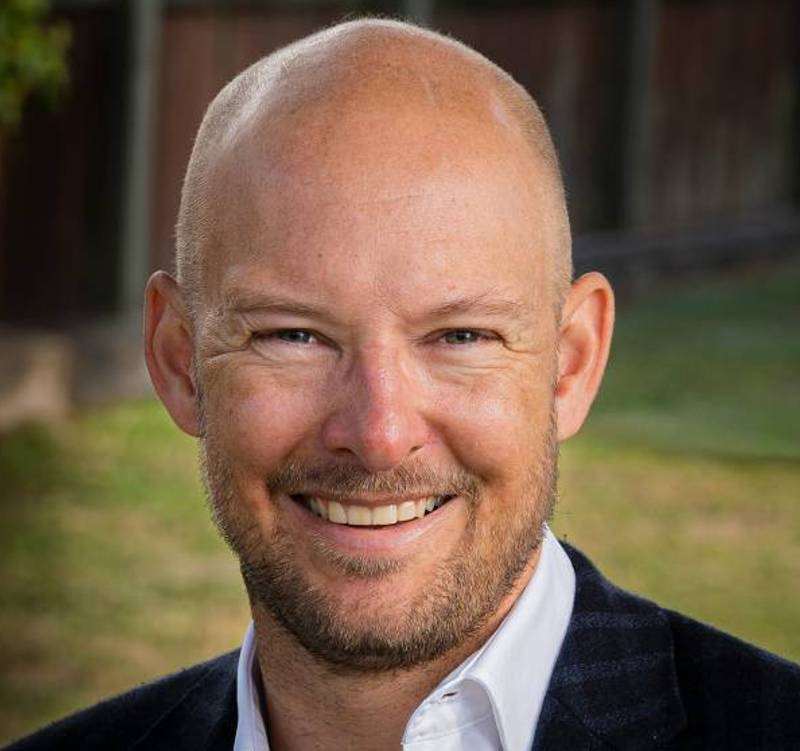
13 Sep Mastering ewe body condition scoring to maximise returns
By Laura McQuillan-Reese
The original version of this piece was published in Country-Wide magazine in August 2022
Improving uniformity in the ewe flock and aiming for a BCS of 3.0 at lambing has a direct impact on the bottom line of your farm business. So how do you master your ewe body condition scoring to maximise returns?
The relative profitability of sheep breeding enterprises is largely determined by kilograms of lamb sold per hectare. Lambing percentage and average lamb weaning weight are two of the most important factors determining this outcome.
A key driver influencing these two factors is the body condition score of the ewe. More specifically, it’s the percentage of ewes at or above a body condition score of 3.0 at mating and lambing.
Body condition scoring
Body condition scoring is an important method of measuring the muscle and fat reserves of ewes. This gives you an indication of condition regardless of frame size. In preparation for lambing, ewes should have substantial reserves available as they move into the demanding phase of peak lactation.
Throughout mating and early pregnancy, a BCS of 3.0 is ideal, and no greater than 3.5 at lambing.
Mating and scanning
There are key benefits in measuring ewe body condition score at scanning. Lighter ewes bearing multiples can be identified and preferentially fed to minimise the risk of lamb losses.
Once lighter ewes are identified at scanning, there is an opportunity to improve body condition scores up to five weeks before lambing. Within that tight turn-around, the goal is to protect muscle and fat reserves and minimize losses of body condition score.
NOTE: Ewe BCS at scanning should be set up by good management from weaning the year before.
Ewe body condition score at lambing
It is expected that ewes will drop to a BCS of 2.5 by weaning. This change in BCS from lambing to weaning is an indicator of maternal success in the flock.
Don’t cull a ewe at the end of lambing because she is just ‘a bit skinny’. A ewe that drops body condition score in this period is likely to have reared lambs with a higher weaning weight than a ewe that has maintained condition throughout lactation. These lighter ewes will have grown healthy, heavier lambs because they partitioned more of their energy reserves into producing milk for the lambs, rather than storing it themselves.
NOTE: Feeding over winter and early lactation determines if the ewes can be put into a position to be able to do that.
The numbers stack up
We compared the breeding performance of an average flock BCS of 2.0 vs 3.0 at lambing.
Achieving an average BCS of 3.0 at lambing was 16% more profitable than having ewes averaging 2.0. This is because ewes in better condition at lambing wean more lambs as well as higher weaning weights per lamb. For a list of key assumptions and comparative data, check out the full Country-Wide article.
Ewe body condition score drives productivity across all facets of the sheep breeding operation, from fecundity at tupping to the ability to provide sufficient milk throughout lactation. BCS also improves farm management, giving farmers the information needed to manage the lighter ewes in the mob, minimising tail enders.
Post weaning is your window
While feed is in good supply, consider the benefits from improving 50% of the ewe flock’s body condition score by one point and maintaining that throughout the course of the year. Post weaning is the best opportunity to make these gains.
Once weaned, ewes can be separated according to body condition score. Ewes that have put more into their lambs can be given priority feeding to help them recover for the next round of mating. Ewes already possessing an ideal BCS can be ration fed. This approach improves the efficiency of feed utilisation while lifting the overall BCS of the herd.
Increasing BCS during the post weaning period and before mating is the best way to increase number of lambs born, number of lambs weaned, and total lamb weaned weight.
Key points
- BCS gives you a more accurate assessment of the ewe’s condition, regardless of frame.
- Measuring at key moments such as mating, scanning, lambing and weaning, gives you the best opportunity to influence flock production.
- Improving uniformity in the ewe flock and aiming for a BCS of 3.0 at lambing has a direct impact on the bottom line.
- BCS improves feed-use efficiency and feed budgeting by enabling you to isolate ewes that require priority feeding and ration feed for ewes that are already at an ideal BCS.
- BCS is easy to learn and requires minimal time and labour investment to achieve good results.
If you want to have a crack at body condition scoring, there are a number of resources to assist your training. Next time you’re in the yards, try running your hands over the ewes in the race and see if you can get a feel for the different body condition scores. Think about cover over the ewe’s hip bones and ribs and try to identify lighter and heavier conditioned ewes.
Contacting your local vet or accessing online tools are good starting points to incorporate body condition scoring into your farm business.


